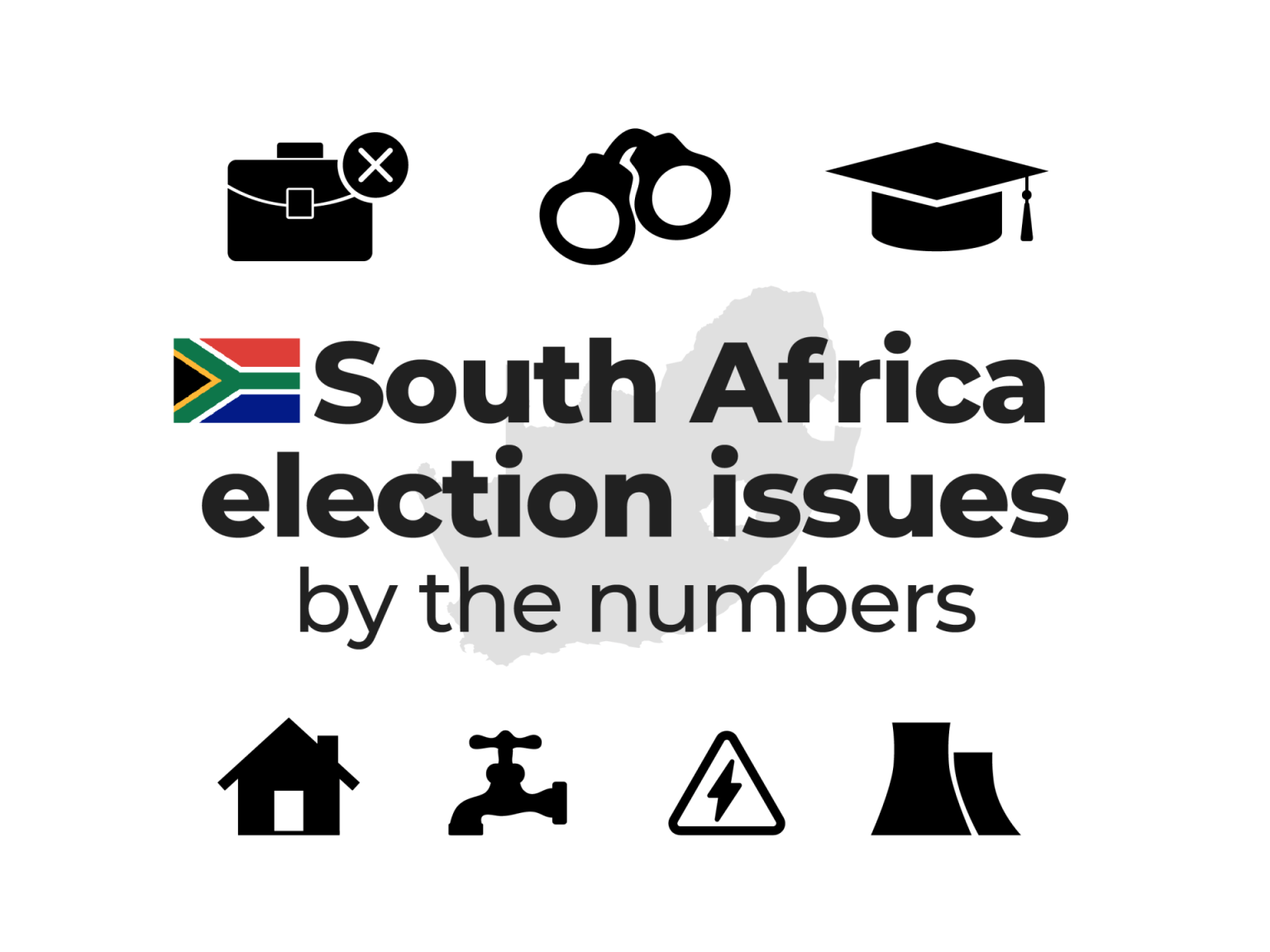South Africa’s upcoming election on May 29 is expected to be the most unpredictable in the country’s 30 years of democratic rule. The ruling African National Congress (ANC) is projected to lose its parliamentary majority for the first time, potentially leading to the country’s first coalition government. The ANC is facing strong competition from opposition parties such as the Democratic Alliance (DA), the Economic Freedom Fighters (EFF), and newcomer umKhonto we Sizwe (MK), who have been campaigning online and holding rallies, promising significant reforms to attract the 28 million registered voters.
One of the key demographics in this election is young people, who make up a significant portion of the electorate and are often disconnected from South Africa’s apartheid past. They are crucial in deciding the outcome of the election. Voting will take place across the nine provinces, allowing people to cast their ballots for national and provincial governments. The top issues on voters’ minds include unemployment, with one in three South Africans currently unemployed, making the country’s unemployment rate the highest in the world. This is particularly concerning for young people, where the unemployment rate is even higher at 45.5 percent.
Education and employment are also significant issues in South Africa, with historical inequalities still present in the education sector impacting employment opportunities. The lack of adequate facilities and qualified teachers in many public schools, particularly in Black-majority communities, has led to a disparity in education outcomes. This, in turn, affects employment opportunities, with a considerable skills and job mismatch in the workforce. The country’s curriculum is not adequately preparing young people for the job market, leading to lower productivity levels.
Crime is another major concern, with high levels of poverty, unemployment, and inequality contributing to increased violent crime in South Africa. Organised criminal groups have further exacerbated the situation. Housing remains a critical issue, with millions of people still living in informal dwellings such as shacks due to historical land ownership disparities. Efforts to provide affordable housing and land redistribution have fallen short, continuing to perpetuate inequalities in housing.
Access to basic services, such as water and electricity, remains uneven in South Africa. While the country is generally water-stressed, the distribution of water resources is unequal, with different racial groups experiencing varying levels of access. Similarly, electricity supply has been a challenge, with regular power cuts, or “load shedding,” causing significant economic losses. The government has been working to address these issues, with President Cyril Ramaphosa denying accusations of using power supply as a political tool ahead of the election.
In conclusion, South Africa’s upcoming election is shaping up to be a pivotal moment in the country’s history, with major parties vying for control amidst crucial issues such as unemployment, education, crime, housing, and access to basic services. The outcome of the election will have far-reaching implications for the country’s future, particularly in addressing the longstanding inequalities that continue to impact its population. Voters, especially the young demographic, hold the power to shape the direction of South Africa’s political landscape and determine the path towards a more equitable and prosperous future for all its citizens.


